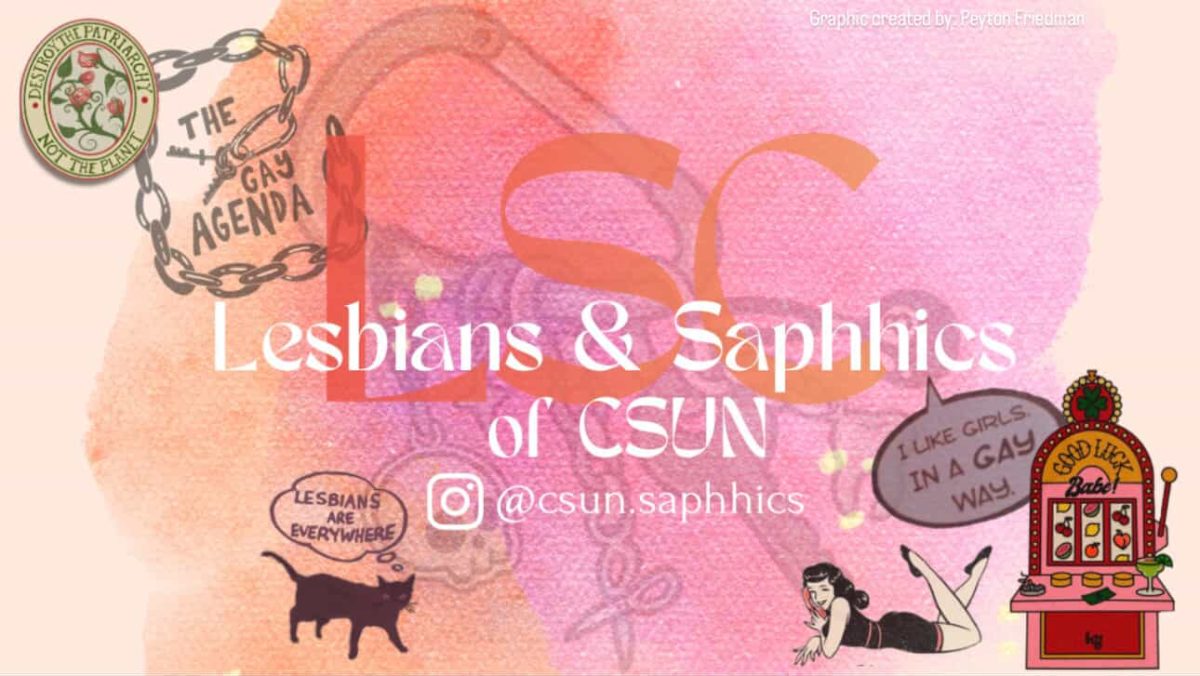An aggressive looking dummy, with a name tag that stated Hello My Name Is: Bad Guy greeted the participants of CSUN’s Department of Police Services bi-annual “The Basics of Pepper Spray Defense” workshop held on the second floor of the department’s police building Wednesday evening.
The department has been putting on the workshop to teach students and the local residents, on how pepper spray works, its maintenance, and its impact since 2008.
Dan Foster, the department’s crime prevention coordinator and instructor for the evening, explained the importance of practice with pepper spray.
Twenty-four participants and eight parking officers were allowed to spray the dummy with an inert spray, mimicking a real situation. Many participants, using the canister for the first time, found the spray went over dummy’s head into the cabinets behind, emphasizing Foster’s point on the importance of practice.
To explain the physiological effects of pepper spray, CSUN parking officer Edward Armenta described his experience of being sprayed to participants.
“It gets warm, and a real intense feeling comes over and it does burn,” he said. “I felt the effect for a good 35 minutes, even while flushing my face. The best thing to do is, after you flush, to let the air dry it out (because) once it’s dry, it’s inactive. While the effects depend person to person, I had a hard time opening up my eye. And the gas burns your lungs, so it just adds to the effect.”
Among other after-effects are temporary blindness, coughing, extreme burning, headache, and dizziness, said Foster during his presentation.
To remove the spray, Foster said first and foremost avoid panic, and not to rub one’s face. The affected area should be flushed with cool water for 15-30 minutes, and it is vital to get out into open air. Clothes that have been sprayed should be removed.
“You don’t want to use salves, cold creams or lotions,” he said. “If you go to put some lotion on it, it may feel good, but you’re trapping those chemicals in your pores,” he said. If you have sprayed someone in self-defense, you’re under no obligation to get medical help for the attacker, outlined the presentation.
The workshop also addressed some myths about pepper spray as well as legal issues regarding its use.
“Pepper spray is not Mace,” Foster said. “Mace is the brand.”
Also, pepper spray is not legal for use in all situations, and just because someone steals your purse doesn’t make it legal to spray them, he said. Unless your life is being threatened, you could get in trouble for using it, he said.
When purchasing pepper spray Foster said to be wary of vendors that claim their spray is “Police grade formula,” or has a concentration of “Over 10 percent;” those claims are lies, he said.
Unknown to many participants, pepper spray requires maintenance, good storage conditions and special disposal at recycling and disposal “SAFE Center.” Owners of pepper spray should be mindful during hot weather.
“It could possibly explode, so take it out (of your car) during the hot summer months,” he said.
And for those who have purchased pepper spray, Foster said to keep it handy.
“Say you’re walking back to car after being on campus at night, (you want to) have the pepper spray in your hand when you walk back to car,” he said. “(Those) are situations when you might consider having it ready in your hand.”
For CSUN students in attendance, the workshop proved invaluable.
“I came to gain more knowledge,” said Brian Nakamura, a CSUN senior who lives off-campus. “It’s better to have the knowledge and not need it than not have it.”
Nakamura said he would definitely encourage other students to attend later workshops.
“It couldn’t hurt to know, especially in the wake of everything going on in the dorms,” he said.





